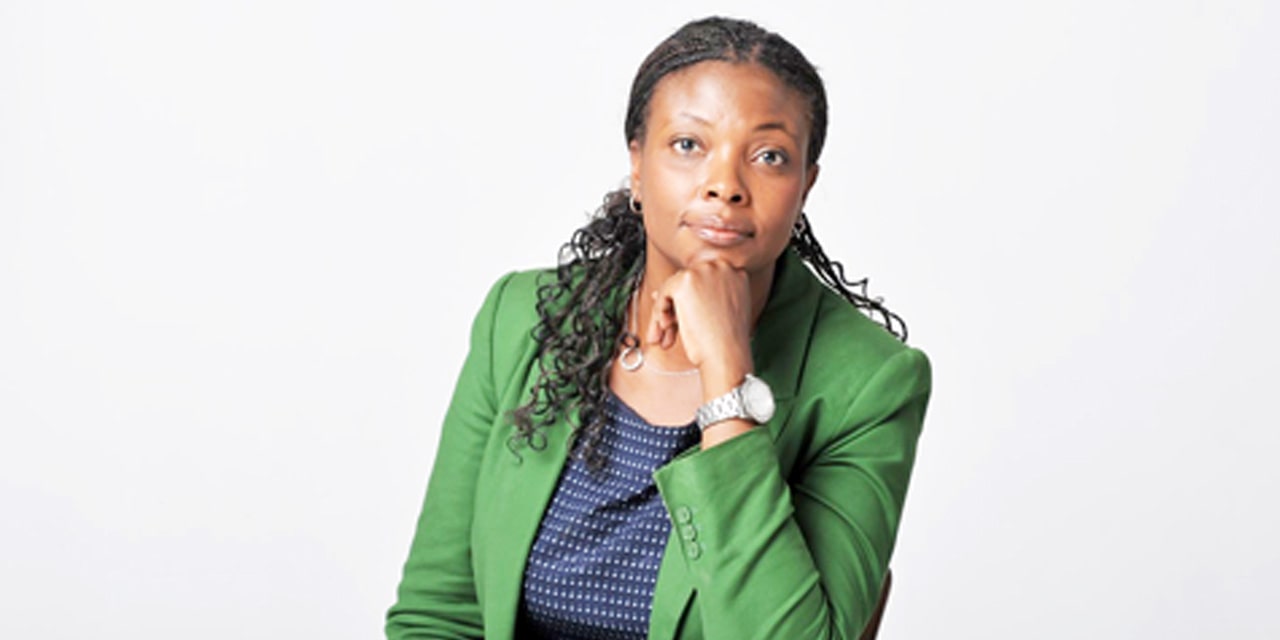Sepo Haihambo
At the core of its purpose, commemorating International Women’s Day is aimed at celebrating women’s accomplishments as well as to honour their contributions to their families and society as a whole.
In as much as there is a lot to celebrate in terms of how far society has come in allowing women access to the same opportunities that have always been available to their male counterparts, one needs to concede that much more still needs to be done to ensure broader equality and inclusivity.
Progress has indeed been made to enable women to acquire and dispose of property, to exercise their democratic rights during an election, being allowed to hold and vacate a position and even being granted permission to own and drive a vehicle.
Although we may take some of these privileges for granted, reflecting on them, reminds us of how difficult the journey has been – marred by a disproportionate impact on women.
We need to unpack the existing hurdles and carve out a strategy on how we will address these collectively going forward.
The year 2020 and the ongoing COVID-19 pandemic exposed a number of persistent problematic areas in our society, including the continued and pervasive gender disparity and inequality.
Notwithstanding the fact that the virus impacted and continues to affect everyone on the planet, women do seem to bear the brunt of most of its bite.
In terms of the McKinsey Women’s Report 2020, one in four women is contemplating either leaving her job or downsizing her role in light of the increased double-shift work pressure.
Apart from this, regulations enforced by governments to curb the further spread of the disease appear to have resulted in more job losses for women, increased intimate partner violence during lockdowns and burnout brought about by double shifts.
Despite these realities, it is imperative to note that these turbulent times present us with opportunities to adjust, develop and evolve business and societal models to ensure that these structures continue to provide the relevant support that especially women require as well as to prevent sacrificing the gender equality gains achieved thus far.
An analysis of the status quo reveals that part of the assistance which women require right now relates to the balance that they need to strike between their professional demands – whilst working from home – and their continued responsibilities relating to their households.
Working from home, although it has allowed for greater flexibility, also comes with longer and more irregular working hours in order to continue to meet deadlines and productivity targets whilst simultaneously managing interruptions that occur at home.
Amongst others, the following will need to be prioritised:
•working models that provide greater work-hour flexibility that allow women and parents to honour both their personal and professional commitments
•inclusivity in succession plans that keep women sitting at the table
•community support structures that empower women to walk away from unsafe home environments.
The pandemic continues to bring a number of issues under the microscope. There is consensus that it can and perhaps never will be business as usual.
As a result, global business leaders have their work cut out to devise and consider strategies to mitigate the impact of the virus on their teams by being more accommodating and considerate but still ensuring business goals are met. The reality is these needs do not have to be mutually exclusive.
The tools that we have been employing for previous challenges, however, do not serve the current unprecedented challenges well.
The responsibility vests in all of us to rethink and reimagine the way forward by tapping into our collective wisdom, collaboration and humanity to ensure everyone emerges stronger.
It gives me great pleasure nonetheless to celebrate Namibian women in all their diversity and efforts – be it on the mahangu field, in front of a desk preparing for an examination, nurturing their families or making an impact in the boardroom.
Happy International Women’s Day.
*Sepo Haihambo is Executive Officer: FNB Commercial Banking




